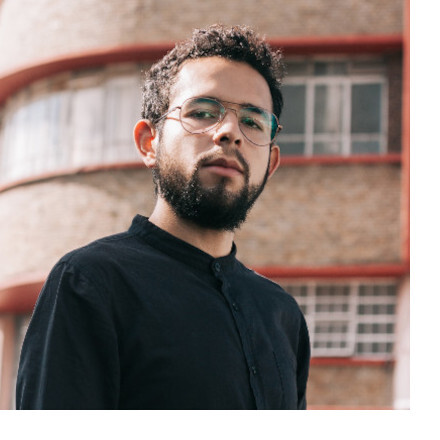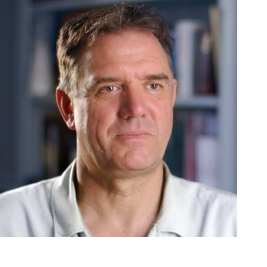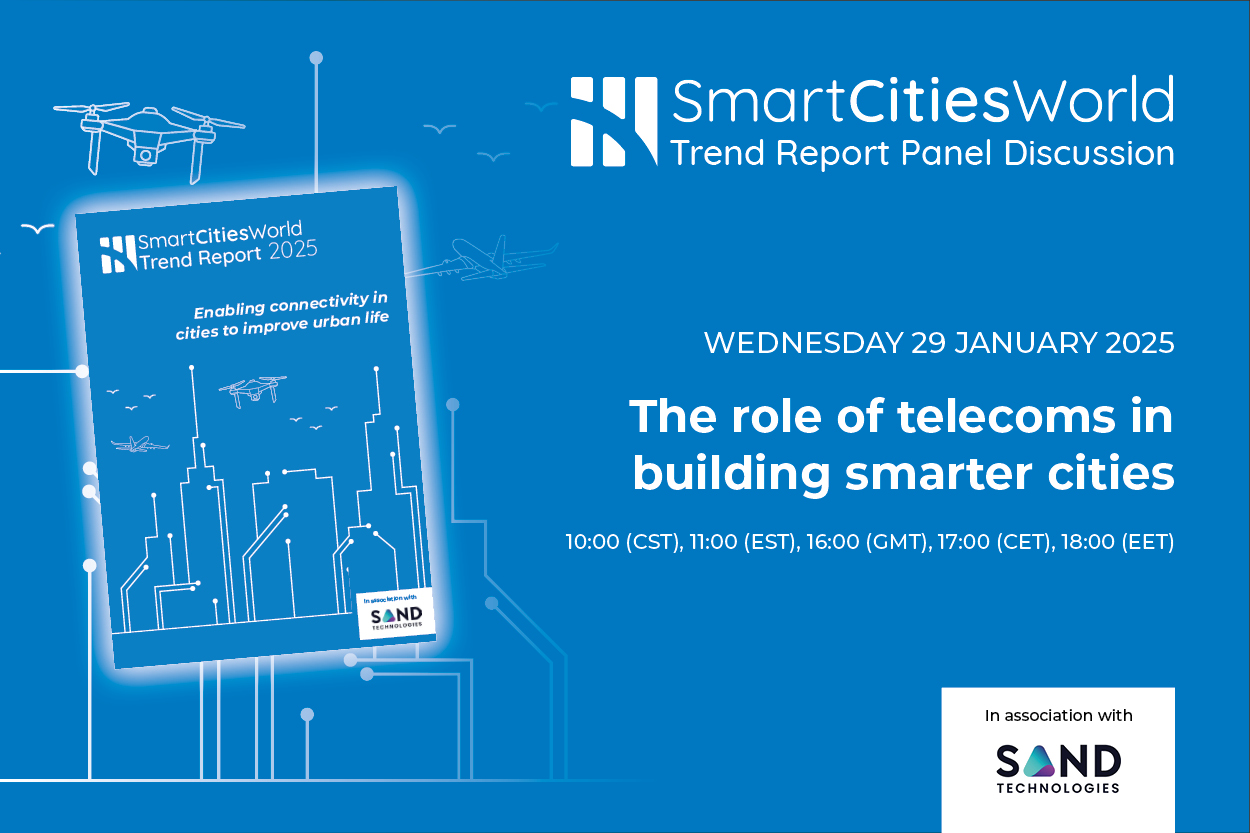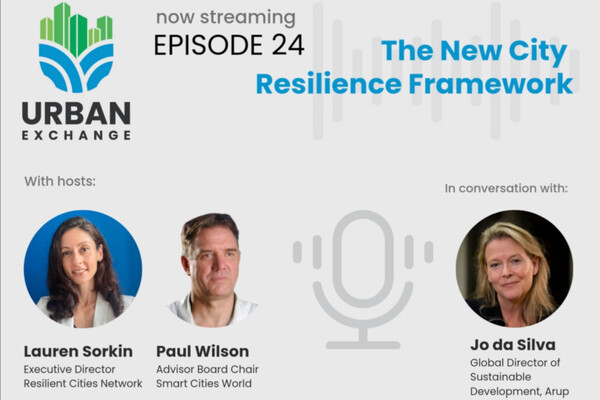Special Reports
SusHi Tech Tokyo 2024: experience ‘Tokyo 2050’ todaySponsored by The SusHi Tech Tokyo 2024 Showcase Program Executive Committee
Urban Exchange Podcast Episode 12 – Metropolitan Area of Guadalajara and Visa – Innovation in the urban mobility sector
The Urban Exchange brings together the Metropolitan Area of Guadalajara’s Diego Marquez and Visa’s Jose Rodriguez to talk through the transformative role of urban mobility policy and technology in the Mexican city.
In the latest episode of the Urban Exchange, Paul Wilson, chair of the Advisory Board for Smart Cities World and Chief Business Officer at the Connected Places Catapult, is joined for a talk on all things urban mobility by Diego Marquez, the Planning Mobility Manager for the Metropolitan Institute of Planning and Development for the Metropolitan area of Guadalajara, and Jose Rodriguez, Head of Urban Mobility at Visa in Mexico.
This episode is part of the Future Ready Cities programme, a partnership between Visa and the Resilient Cities Network, and focuses on the city of Guadalajara, its sustainable mobility strategy, and the role that Visa and smarter, simpler payments have had in achieving it so far.
During the conversation, we discover what it’s like to live in Guadalajara, and the economic role that it plays within Mexico as the nation’s second-largest city. We also delve into the opportunities within urban mobility this presents, particularly for the State of Jalisco’s pubic transportation network – the westerly state where Guadalajara is located.
From here, we hear more about Guadalajara’s Comprehensive Plan for Sustainable Urban Mobility (abbreviated in Spanish to PIMUS) – how it started, how it has been developed, and the critical role that stakeholder management has played in its success to date.
This leads into conversation on the benefits of new and sustainable mobility, plus to benefits of mobility innovation and technology to the city, Mexico, and the wider Latin American region. The discussion of technology also extends into Guadalajara’s recent work on payment systems, including its mobility card, and how it is improving services for citizens.
We also delve into the important role of the Future Ready Cities programme in this work and Visa’s role in it, including how it can extend into other cities in Mexico and across Latin America given the success of the work in Guadalajara. This includes conversation on the nature of the working relationship and collaboration between the city, Visa and the Resilient Cities Network, and the importance of being part of a network of cities which have common goals at heart.
About the speakers
 Diego Márquez is the Manager of Mobility Planning and Management at the Institute of Planning and Development Management of the Metropolitan Area of Guadalajara. Diego coordinates the team responsible for the updating of the City’s Sustainable Urban Mobility Plan as well as the activities related to the international and interinstitutional cooperations for strategic mobility projects in the city.
Diego Márquez is the Manager of Mobility Planning and Management at the Institute of Planning and Development Management of the Metropolitan Area of Guadalajara. Diego coordinates the team responsible for the updating of the City’s Sustainable Urban Mobility Plan as well as the activities related to the international and interinstitutional cooperations for strategic mobility projects in the city.

José Rodríguez is the Head of Urban Mobility for Visa Mexico, based in Mexico City, Mexico. José is responsible for defining Mexico’s Urban Mobility strategy and execution for Visa. He’s been working on expanding digital payments acceptance in Mass Transit initiatives and beyond, with projects like Mexico City’s Metrobús and Guadalajara’s Mi Macro Periférico Open Payments acceptance. He’s also been leading the Future Ready Cities program along with The Resilient Cities Network since its first edition, creating digital solutions to help cities become more resilient in Ecuador, Brazil, Uruguay, Panama, and Mexico.
 Paul Wilson is the Chair of the SmartCitiesWorld Advisory Board, and Chief Business Officer for the Connected Places Catapult. Paul has more than 25 years’ international leadership, sales and marketing experience in the B2B Technology Media Telecom sector, including being CMO of global digital transformation association TM Forum and $3bn SunGard Financial Systems. After running the West of England LEP, Paul set up the multi-award-winning Bristol Is Open smart city project in 2014 and created the widely endorsed City as a Platform Manifesto a couple of years later. He went on to advise the UK Government on the design of its 5G Testbeds & Trials programme, and more recently on how the programme should evolve. He is an Honorary Research Fellow at the University of Bristol’s Smart Internet Lab.
Paul Wilson is the Chair of the SmartCitiesWorld Advisory Board, and Chief Business Officer for the Connected Places Catapult. Paul has more than 25 years’ international leadership, sales and marketing experience in the B2B Technology Media Telecom sector, including being CMO of global digital transformation association TM Forum and $3bn SunGard Financial Systems. After running the West of England LEP, Paul set up the multi-award-winning Bristol Is Open smart city project in 2014 and created the widely endorsed City as a Platform Manifesto a couple of years later. He went on to advise the UK Government on the design of its 5G Testbeds & Trials programme, and more recently on how the programme should evolve. He is an Honorary Research Fellow at the University of Bristol’s Smart Internet Lab.
This episode for part of the "Cities on the Front Line" podcast series from SmartCitiesWorld and the Resilient Cities Network (R-Cities). The series delivers frank and open conversations between international city leaders and industry practitioners that share ideas to solve urban challenges.
Co-hosted by R-Cities’ Executive Director, Lauren Sorkin, and SmartCitiesWorld’s Advisory Board Chair, Paul Wilson, the Urban Exchange is a much-needed forum for city practitioners faced with urgent targets and objectives across a gamut of urban issues. Visit the other podcasts in this series.










